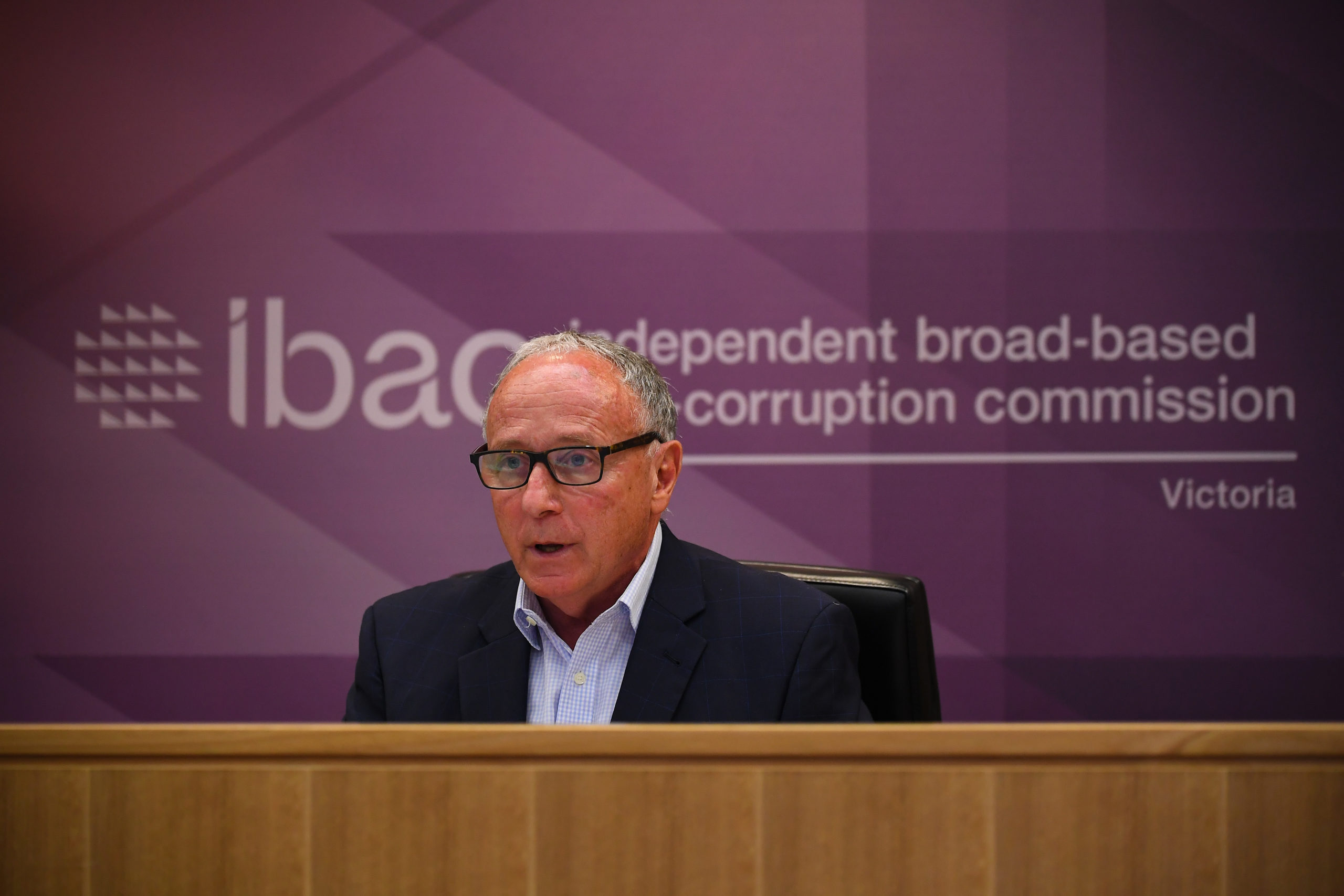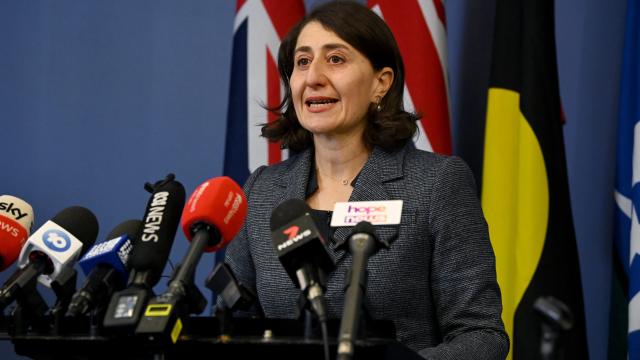In case you missed it (I’m not really sure how you would), Gladys Berejiklian recently resigned as the NSW premier amid ICAC investigating whether she breached public trust or not. If you didn’t know that, surprise! NSW has a new premier.
If you did watch all the chaos unfold, you might have been left wondering who and what the hell is ICAC? Never fear, because I threw myself into the depths of political turmoil to answer that question so you wouldn’t have to. You’re welcome.
Who and what is the ICAC?
The Independent Commission Against Corruption (ICAC) is New South Wales’ corruption watchdog, so no, it’s not exactly great that the former NSW premier is being investigated by them. ICAC was established by the NSW Government in 1988 after there were growing concerns in the community about the integrity of the public administration in NSW. What is ironic about this is that Liberal premier Nick Greiner (who created the ICAC) was eventually found guilty of corruption by the commission in 1992. Classic Aussie politics.
According to its official website, the fundamental aims of the ICAC are to investigate and expose corruption in NSW’s public sector, actively prevent corruption, and educate the wider NSW community and public sector about corruption and its effects.
The ICAC’s jurisdiction has some pretty extensive reach. Basically, it has the authority to investigate the entire NSW public sector. Of course, there are exceptions to the rule as the ICAC does not have jurisdiction over the NSW Police Force or the NSW Crime Commission, but they may investigate any corrupt conduct involving members of the police or crime commission only if the matter involves other NSW public officials.
How does ICAC work?
The ICAC receives complaints from members of the public or public officials which they will analyse to see if they have any validity. If so, the ICAC will then carry out an investigation into the complaint, which may involve public inquiries. To prevent potential corrupt conduct from occurring, the commission will also undertake research to identify any specific areas at risk of corruption.
Although the ICAC can carry out investigations, they cannot prosecute anyone. It only has the power to commence proceedings for a criminal offence on the advice from the Director of Public Prosecutions.
The ICAC also reports to a dedicated parliamentary committee, which scrutinises their actions and decisions so they too can be held accountable.
Do other states have one?
Yes! Every state and territory in Australia has some form of corruption watchdog but none of them are as extensive or powerful as the ICAC. Many of them have not held any public hearings or have a higher threshold for conducting investigations.
For instance, Victoria’s anti-corruption commission, the Independent Broad-based Anti-Corruption Commission (IBAC), only just received the power to investigate misconduct in public office in 2016. Unlike ICAC, IBAC can only hold public hearings in “exceptional circumstances” and when it is in the public interest.
Like his former NSW counterpart, it is reported that Victorian Premier Daniel Andrews is currently being questioned by IBAC over his dealings with the firefighters union.

Do we have a federal one?
No, not yet at least. There is currently a draft bill introducing the Commonwealth Integrity Commission (CIC), but it has been heavily criticised. The Centre for Public Integrity called it “the weakest watchdog in the country”. Yikes.
Like the other states, the CIC would not have adequate powers to investigate major corrupt conduct, particularly around the misuse of public money, although it seems like that would be the whole point of the agency. So it’s looking like it will take quite a while before we see a Federal corruption watchdog.
And here is a fun fact for you: Australia is currently ranked 11th in the Global Corruption Index, with a score of 77 out of 100. This is an eight-point decrease since 2012, which might indicate the decline of Australia’s positive perception of its politicians.

Leave a Reply
You must be logged in to post a comment.